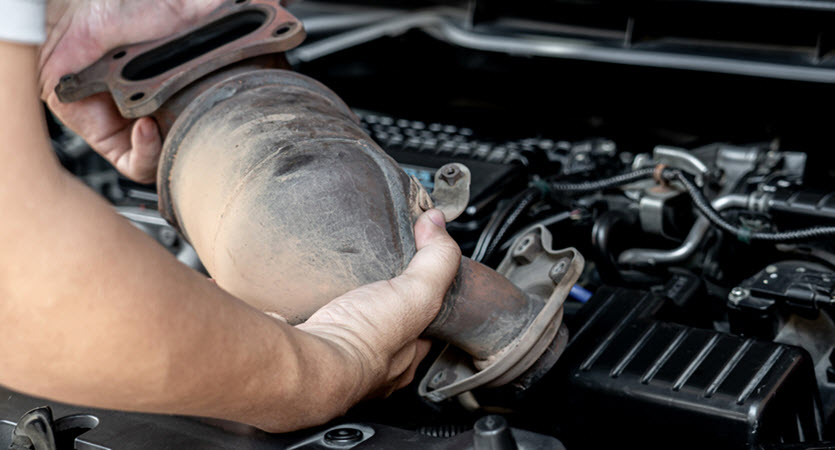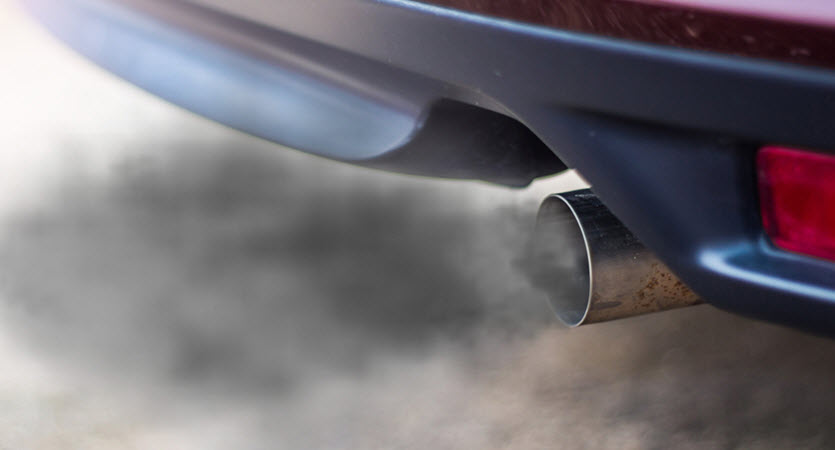In a world increasingly conscious of environmental concerns, taking steps to reduce emissions is a responsibility that every car owner must embrace. When it comes to BMWs, preventive care plays a pivotal role in minimizing emissions and ensuring optimal performance. There are several essential components of preventive BMW care that contribute to emission reduction. By addressing these aspects proactively, you can contribute to a greener planet while maintaining the efficiency of your car.
Regular Engine Maintenance: The Core of Emission Reduction
The engine serves as the heart of your BMW and has a direct impact on emissions. Regular engine maintenance is paramount to ensure proper combustion, which in turn leads to reduced emissions. This maintenance involves addressing components such as spark plugs, oxygen sensors, and the fuel injection system.
- Risks: Neglecting engine maintenance can result in inefficient combustion, increased emissions, reduced fuel efficiency, and potential damage to the catalytic converter.
- Benefits: Proper engine maintenance leads to efficient combustion, decreased emissions, improved fuel economy, and prolonged engine lifespan.
- How to Fix: Follow your BMW’s recommended maintenance schedule, replace worn-out spark plugs and oxygen sensors, and ensure the fuel injection system is clean and functioning correctly.
Catalytic Converter Care: Emission Control Component
The catalytic converter plays a critical role in reducing harmful emissions from your BMW’s exhaust gases. It contains catalysts that convert toxic gases into less harmful substances. Regular care and maintenance of the catalytic converter are essential for emission reduction.
- Risks: A malfunctioning catalytic converter can lead to increased emissions, reduced engine performance, and potential issues with passing emissions tests.
- Benefits: Proper catalytic converter care ensures effective emission reduction, compliance with emissions regulations, and optimal engine performance.
- How to Fix: Avoid excessive idling and aggressive driving, as they can lead to catalytic converter damage. If you notice a decrease in performance or increased emissions, have the catalytic converter inspected and replaced if necessary.
Air Filter Replacement: Clean Air for Efficient Combustion
The air filter is responsible for preventing debris and contaminants from entering the engine. A clean air filter ensures proper air supply for combustion, leading to efficient fuel burning and reduced emissions.
- Risks: A clogged or dirty air filter can lead to restricted airflow, inefficient combustion, increased emissions, and reduced engine power.
- Benefits: Regular air filter replacement promotes clean air intake, efficient combustion, emission reduction, and improved fuel efficiency.
- How to Fix: Follow your BMW’s recommended air filter replacement intervals. If you drive in dusty or polluted environments, consider more frequent replacements.
Oxygen Sensor Maintenance: Monitoring Exhaust Gases
Oxygen sensors measure the amount of oxygen in the exhaust gases, providing crucial data to the engine control module for optimal fuel-air mixture adjustment. Properly functioning oxygen sensors contribute to emission reduction.
- Risks: Malfunctioning oxygen sensors can lead to incorrect fuel-air mixture, increased emissions, reduced fuel efficiency, and potential damage to the catalytic converter.
- Benefits: Well-maintained oxygen sensors ensure accurate fuel-air mixture, reduced emissions, improved fuel efficiency, and enhanced engine performance.
- How to Fix: Replace oxygen sensors as recommended by your BMW’s manufacturer. Address any dashboard warning lights related to oxygen sensor issues promptly.
Exhaust System Inspection: Ensuring Proper Emission Pathway
The exhaust system carries exhaust gases from the engine to the tailpipe, and any leaks or damage can lead to increased emissions. Regular exhaust system inspections are essential to detect and fix issues that might contribute to emission problems.
- Risks: Damaged or corroded exhaust components can result in leaks, increased emissions, noisy operation, and potential legal issues due to excessive noise levels.
- Benefits: Timely exhaust system inspections prevent leaks, ensure proper emission pathways, maintain legality, and promote a quieter driving experience.
- How to Fix: Regularly inspect the exhaust system for visible damage or rust. Address any issues by repairing or replacing damaged components.

Contact Us For BMW Preventative Care
Embracing preventive BMW care is not only crucial for maintaining the performance and longevity of your car but also for reducing emissions and contributing to a cleaner environment. By focusing on components like the engine, catalytic converter, air filter, oxygen sensors, and exhaust system, you can actively participate in emission reduction efforts.
For expert assistance in implementing these preventive measures, contact MotorHaus, serving West Palm Beach, FL. Let us help you keep your BMW running efficiently while playing a role in safeguarding the planet for future generations.

 5.0 Rating on
5.0 Rating on 




